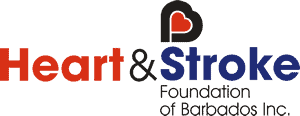What Is Stroke?
Strokes occur either when a blood vessel becomes clogged thus hampering blood flow to the brain (ischemic stroke) or when a blood vessel ruptures causing blood to leak into the brain (haemorrhagic stroke).
Strokes occur either when a blood vessel becomes clogged thus hampering blood flow to the brain (ischemic stroke) or when a blood vessel ruptures causing blood to leak into the brain (haemorrhagic stroke).
Various abnormalities may cause narrowing of the vessels sufficient to reduce the blood flow to the point at which, symptoms develop. Referred to as coronary artery diseases, these abnormal conditions then give rise to Ischemic Heart Disease.
The most common cause of the coronary artery narrowing which gives rise to angina is atherosclerosis.
Increased age, family history of A.M.I and male gender are all Ischemic Heart Disease factors which either accelerate the rate of formation of atheromatous plaque or increase the risk of plaque rupture.
Hypertensive Heart Disease – This may be defined as the Cardiac abnormalities and consequent symptoms, which develop because of long standing, elevated blood pressure. The heart is forced to work to pump blood against an increased resistance through the body. This leads to a gradual remodelling of the heart muscle, which thickens, enlarges (Hypertrophies) and outgrows its blood supply. The muscle becomes increasingly inefficient and eventually the heart “fails”.
Anticoagulants: Two commonly used anticoagulant drugs are heparin and bishydroxycoumarin, although many other prothrombin depressants are now available. These drugs are widely used in the treatment of both venous and arterial thrombosis.
This dangerous condition is usually due to a Coronary Thrombosis which is a clot forming within the coronary artery. It is triggered by rupture of the plaque, which releases substances that start the clotting process off. The segment of the heart muscle supplied by the occluded vessel, infarcts (dies) within a few hours.
Rheumatic Heart Disease tends to occur in children the ages of 5 to 15 years. It is a rare complication of infection, primarily in the throat, with a certain type of bacterium called streptococcus.

